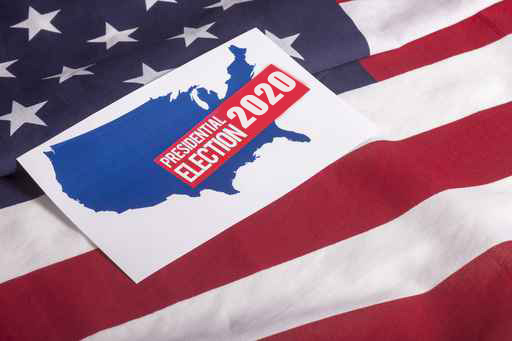As election results wrap up, some may once again wonder if there is a better system than the electoral college for counting votes.
According to Timothy Shaffer, K-State communication studies professor and director of the Institute for Civil Discourse and Democracy, one system to look at as a potential alternative is the one used by Nebraska and Maine.
He says these states allocate votes based on congressional districts, which can sometimes result in electoral votes being split up between candidates.
“The benefit of that is having it be slightly more representative because there are some (states) that skew one way or the other, but most of them are really kind of in the middle and pretty close,” Shaffer said. “Having that be a little more reflective of the actual voting population I think becomes a really helpful thing.”
Shaffer says this system can also increase the value of each person’s vote.
“Depending on where you live, your vote counts considerably more depending on where you are,” Shaffer said. “The implications of that kind of create one of the big concerns, (which) is this kind of minority rule. In a fundamental way, that’s not a democratic model.”
The 2020 election saw President Donald Trump win the majority of votes in Nebraska while former Vice President Joe Biden received one.
The results in Maine were essentially reversed, with Biden receiving most of the votes while Trump received one.



